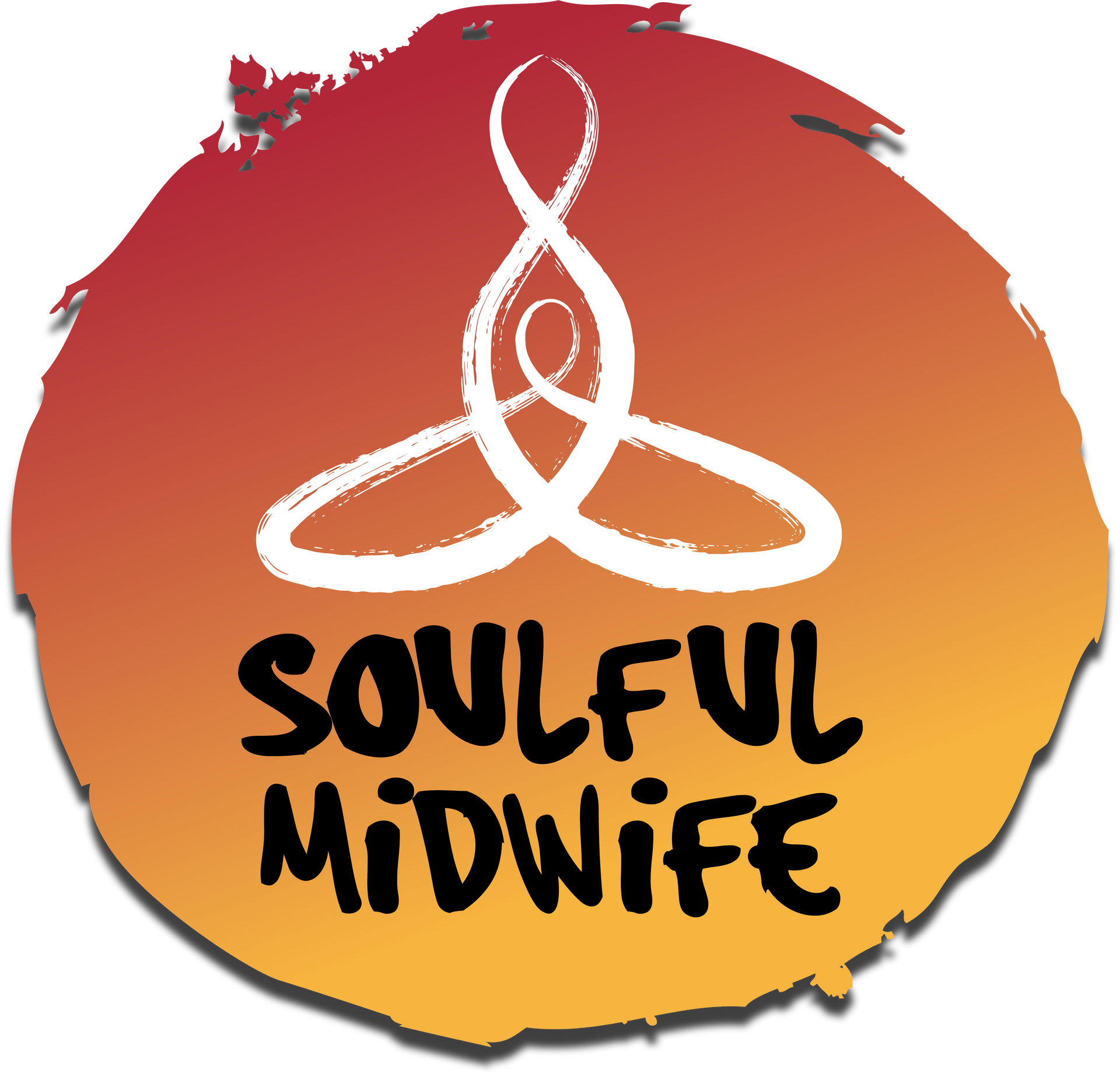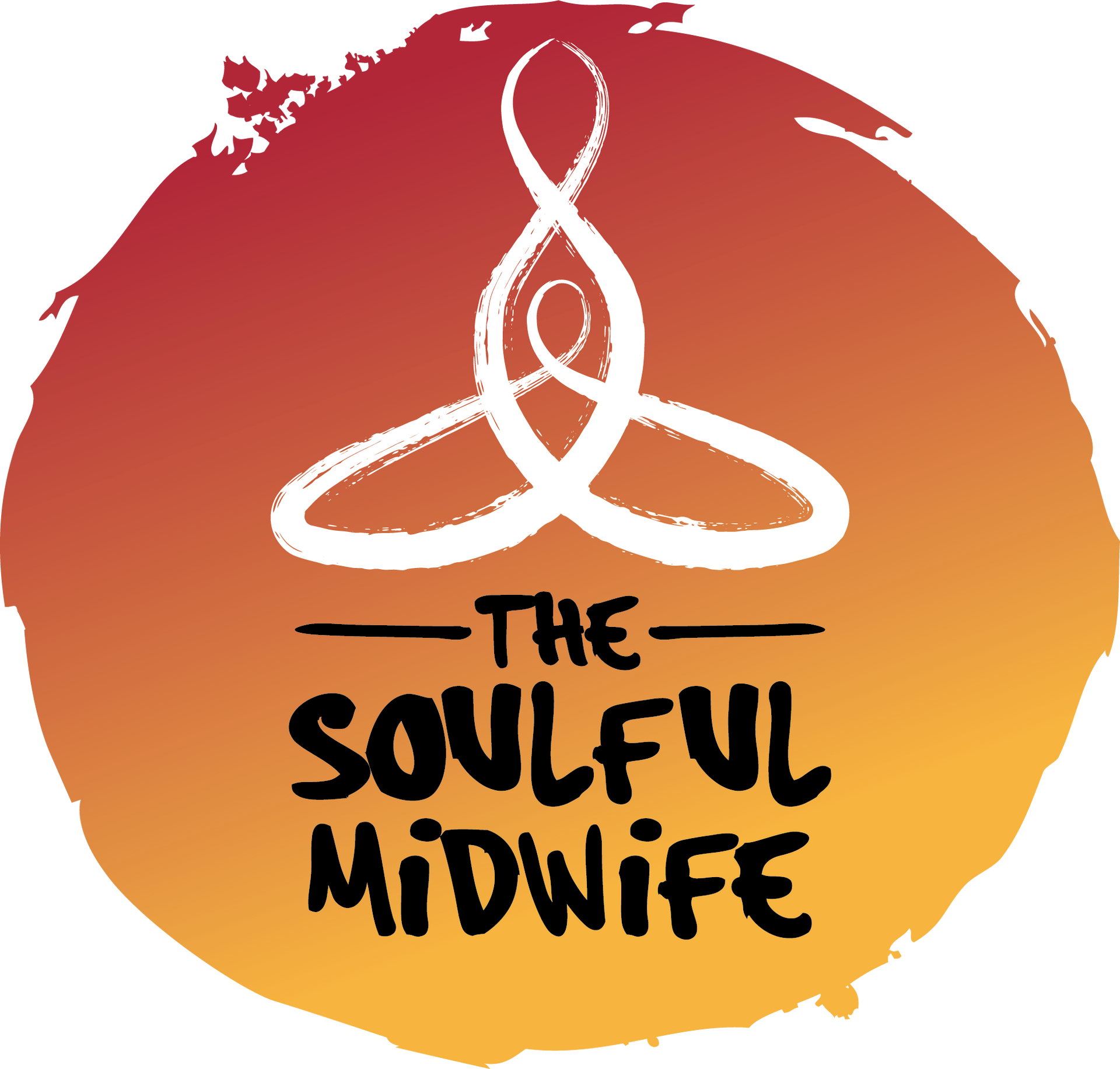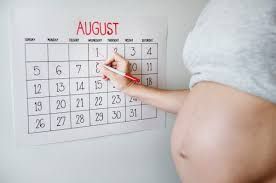What is the Power of a Birth Plan?
Jasmin Lodge • November 1, 2024
Let's get prepping!

I'm just going to put this right out there from the beginning, I hate the name 'birth plan'.
I believe it can set women up for feeling like a failure if things don't go according to 'plan'.
It suggests that you can plan all the details as though it's a meeting at work and that you go into the hospital, hand it over to your midwife and they respect all of your wishes, no questions asked **(Spoiler alert - this rarely happens, many questions will be asked!)**.
That said, I DO feel like the process of writing this document can be an incredibly valuable step in your birth prep. During my years as a community midwife I would use the term 'Birth Chat' or 'Birth Prep' when I met with women and their partners to explore these details and options.
So instead of 'Birth Planning', lets start focusing on 'Birth Prepping', it's wild how much difference the change in mindset can be when You use more appropriate wording.
But first thing's first...
What is a 'Birth Plan' ?
The 'plan' is a document that you can bring with you when you go into labour, as a sort of 'cheat sheet' for the midwife caring for you (if they take the time to read it). It is a brief overview of some key aspects of Your Birth that You have considered and want the support of Your birth partner and health provider to achieve.
You can get many templates of plans if you simply google 'Birth Plan', but be mindful of finding one specific to the UK, many are written in America and have different suggestions which (thankfully) don't apply to us here.
Some are also pretty 'out there' and suggest that in a medical environment a dad might be permitted to be hands on with an operative assisted birth of their baby, or that lights might be dimmed in an operative theatre, these I'm afraid are unrealistic expectations in our western medical system.
It's always good to have a few copies of Your 'plan' with You so that You can give it to Your midwife/doctor and keep one for Yourself.
What might be in Your 'Birth Plan'?
There are many things to consider when prepping for the birth of Your Baby, most often the templates you will find include things like:
- Where You want to Birth Your Baby
- Induction of Labour
- Pain Relief Options
- Birth Partner/s
- Whether You Permit Students to be present/assisting You
- Positions / Mobility
- Methods of Listening to Your Baby's Heartbeat
- Would You Consent to Instrumental (Forceps or Vacuum) Assisted Birth
- Conditions Where You Would Consent to Operative Assisted Birth
- Skin-to-Skin With Baby
- Delayed Cord Clamping
- Third Stage 'management' (Birthing the placenta using drugs or waiting for it to be expelled naturally)
- Vitamin K for Your Baby
- How You plan to feed Your Baby
When Do Your Write this 'Plan'?
As You are approaching Your third trimester, getting closer to the big day, Your midwife or antenatal educator might start taking about writing a birth plan. Often this is around the 36 weeks mark.
There are SO many things to research and understand before making any big decisions about what You might want or not want to happen. But what if You go into labour 'early', waiting to consider these elements at 36 weeks might be a little too late.
I'd highly recommend starting Your Birth Prepping early on in Your pregnancy, get organised with it, take each element, one at a time and start to research Your options, chat with Your partner, friends and family, so that when the time comes, You truly understand all options available to You and can feel confident in Your decisions.
What are the Benefits of Birth Prepping?
As I have already mentioned, Births don't exactly have a copy of the 'plan' and follow them to the letter. But there are a lot of positives that can come from using the Birth Prepping process to prompt You to think outside of the box.
There is a whole world of information out there, not just the standardised 'one size fits all' package that modern medicine offers. You might just find that You don't like the sound of the side effects associated with certain drugs and interventions, or that in some circumstances You'd accept them, but others You wouldn't. If You've not taken the time to research and consider alternatives, Your only option is to follow a prescribed pathway laid out for You by the system, which in hindsight might not be right for You.
If You have taken the time, when You're in a calm state of mind, to explore the implications of interventions, when the time comes You are in a position to offer truly informed consent or refusal to anything offered to You (and remember that everything is just that - an offer, absolutely nothing is mandatory!)
In short, Birth Prepping can help with:
**Clarity and Communication**
Prior knowledge can help You to articulate Your preferences and desires to Your healthcare team, reducing misunderstandings during labour, when Your emotions are heightened
**Empowerment**
Birth Prepping by creating a 'birth plan' allows You to take an active role in Your birth experience, which can result in You having a sense of control and confidence in a time that can quickly escalate to feeling totally out of Your control
**Managing Expectations**
Birth Prepping can help You to think through various scenarios, preparing You for different possibilities, helping You to manage Your expectations and understand the 'Why's' if interventions are being offered
**Informed Choices**
The Prepping process encourages You to research and have discussions about Your options with your birth partner/s, health carers, family members or friends, which can lead to more informed decision-making
**Support System**
Doing Your prepping and writing this 'Birth Plan' together with Your Birth Partner can create a framework for Your support team (partner, family, or doula) to understand Your wishes and advocate for you if You're not able to articulate Your preferences in the moment
**Reduced Anxiety**
Knowing Your preferences can alleviate some anxiety surrounding labour and birth by giving You a better understanding of Your options, Your body and the process of Your Birth
**Personalised Care**
Prepping can encourage Your healthcare providers to tailor their approach based on Your specific desires, promoting a more personalised birthing experience for You
While flexibility certainly is important, everybody, every baby and every birth is different, a 'birth plan' can help You to create a positive and empowering environment during Your labour, birth and immediate postnatal period.












